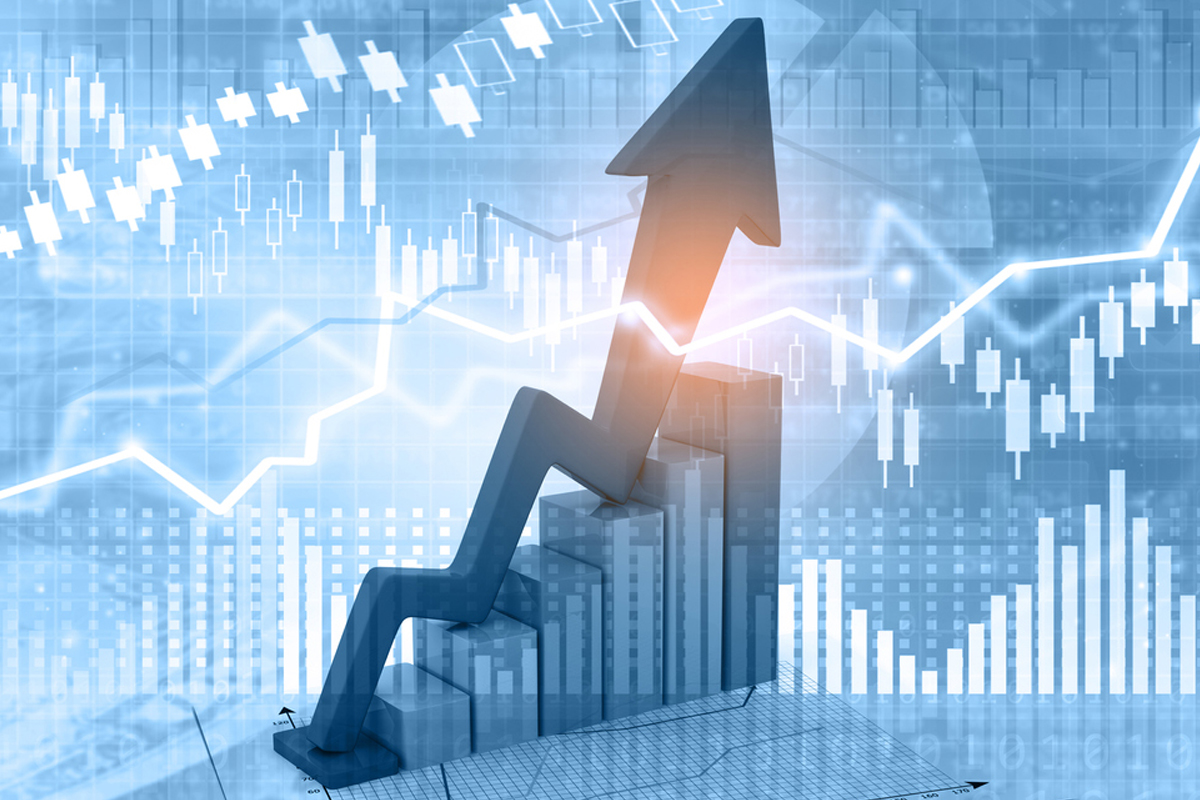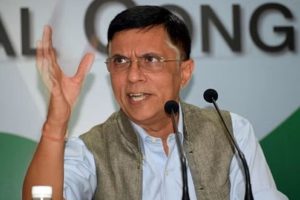In a much-needed dose of good news, Deutsche Bank Research analysts in their August report “World outlook: Interim update and longer term projections” reported recovery in many countries has “progressed faster” than the team predicted in their previous report in May, “World Outlook Update: Turning Gloomier”.
“Across most areas of the globe, recovery from historic economic disruptions has been progressing somewhat faster than we had anticipated in our last report,” said Peter Hooper, Deutsche Bank’s global head of economic research.
Advertisement
Hooper highlighted Asia and some parts of Europe as regions where “management of the pandemic has proceeded better than anticipated and supportive fiscal policies exceeded our expectations”.
In its projections, the Frankfurt-based Deutsche Bank revised upwards the May forecasts for 2020 growth in many regions of the world.
Analysts see global growth at -4-1/2 per cent this year, about 1-1/2 per cent stronger than what was projected three months ago. Deutsche Bank, one of the world’s leading financial services providers, also forecast India’s economy growing faster than the world average in 2021.
India could recover to 5.6 per cent year-on-year GDP growth in 2021, from a -5.8 per cent decline during this pandemic-wrecked 2020, marginally higher than global GDP growth at 5.4 per cent for 2021. India could have better growth prospects next year than for the Euro area (4.6), Germany (4.0), UK (3.7), USA (3.1) and Japan (1.1).
However, analysts threw in the expected caveat of continued progress depending on how quickly an effective Covid19 vaccine is available worldwide. Besides the desperately awaited Covid-19 vaccine, the Deutsche Bank Research team identified two primary factors driving the near-term outlook for Asia Pacific’s three largest economies of China, India and Japan: First, how quickly consumption recovers back to something near “normal” and, second, how quickly that happens in key export markets.
“Measured by when GDP returns to pre-Covid levels, Japan is expected to experience the slowest recovery among the major economies, achieving that milestone only in 2024,” Deutsche Bank analysts reported.
India’s story is little better, according to Deutsche Bank, saying its lockdown in March had “apparently delayed the spread of coronavirus rather than containing it”. Besides this having an “outsized negative impact on Q2 GDP”, it could be followed by a relatively weaker recovery “as the easing of social distancing restrictions doesn’t actually lead to a significant change in behaviour.”
The team also noted that “the Indian government has very little fiscal space to provide stimulus to the economy” and expects India’s economy in Q3 to recover only about half the GDP loss in Q2. Deutsche Bank termed environmental, social, and corporate governance (ESG) as being integral, not optional, for economic recovery that “will not only be long and bumpy, but also uneven across countries and regions. Inequality may widen both within and between economies.”
The crisis has emphasised the interconnectedness of ESG factors in public and private sectors, the bank said. It also called upon “embracing” the corrective principles of “Kairos” during these challenging times ~ “Kairos” for the ancient Greeks described an opportune moment to change for the better.











